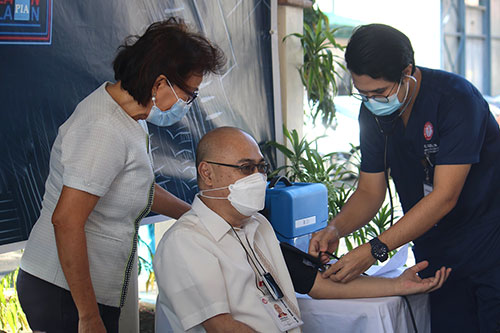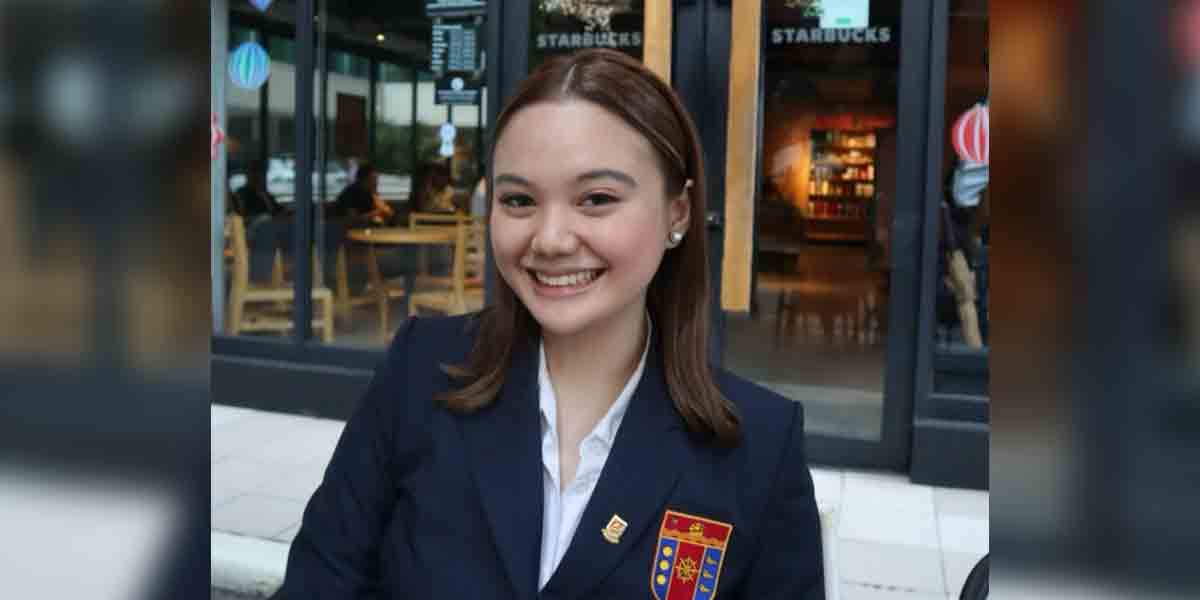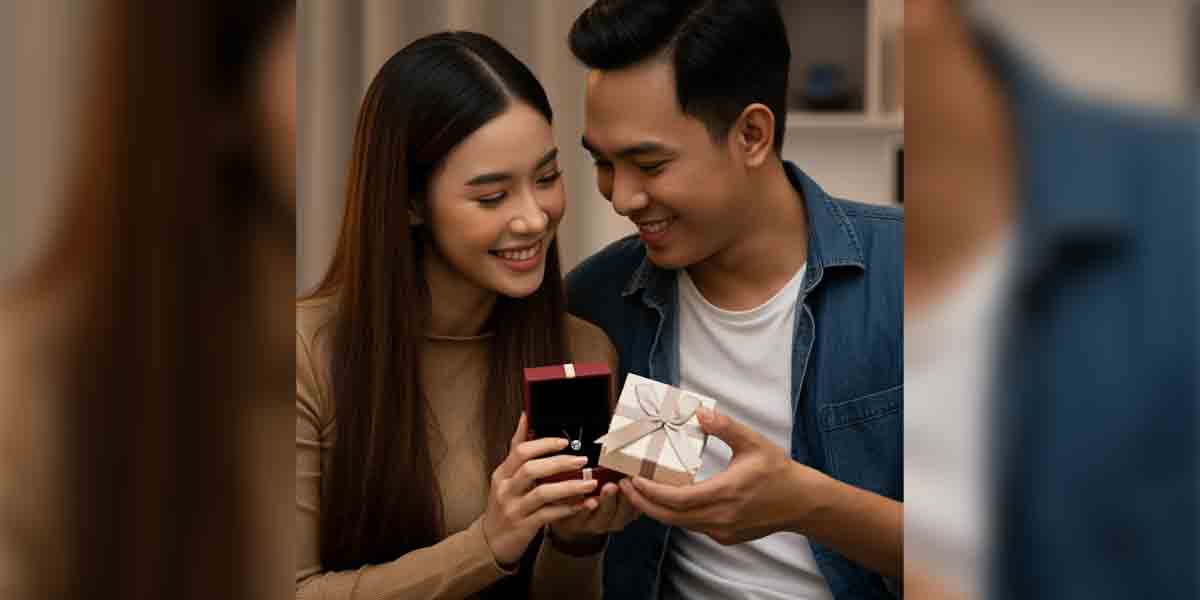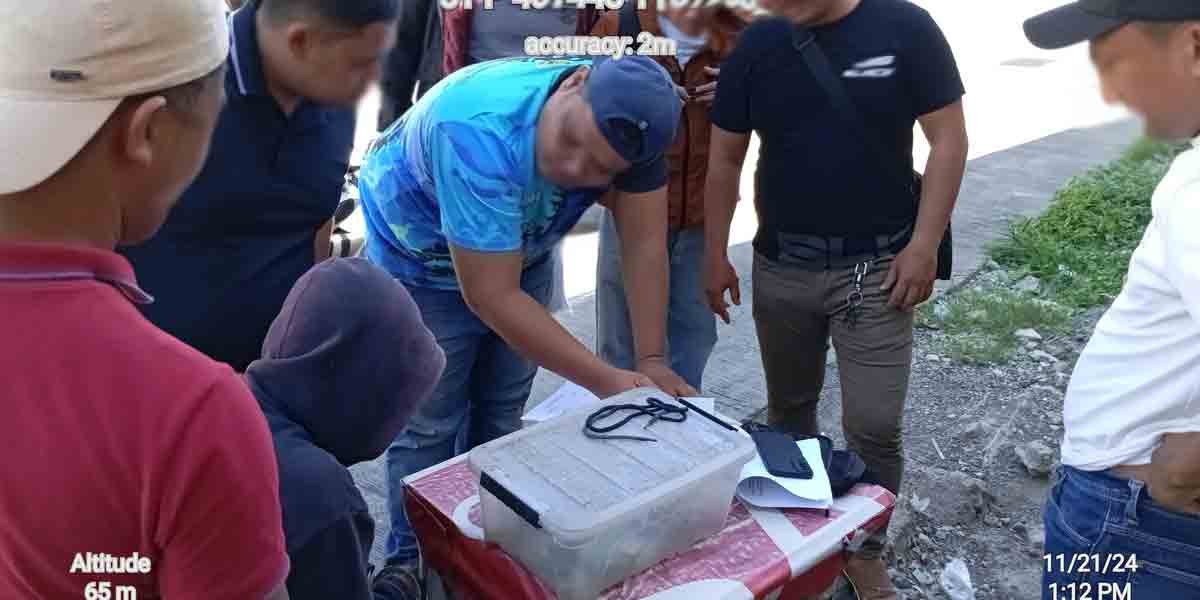
By Joseph B.A. Marzan
Several personnel of the Western Visayas Medical Center (WVMC) in Mandurriao, Iloilo City on Wednesday shared their experience after getting their first dose of the vaccine against the coronavirus disease 2019 (COVID-19).
The health frontliners narrated their experience in the latest episode of “Isyung Bakuna: Online Talakayan”, a web talk series by the Department of Health-Western Visayas Center for Health Development (DOH-WV CHD) and the Philippine Information Agency-Region 6 (PIA-6).
The series is part of government efforts to raise awareness and acceptance of the vaccines against COVID-19.
The guests were three employees of the WVMC, Human Resource and Management Officer Maria Corazon Tolentino-Berjes, Chief Training Officer Dr. Guadalupe Villarete-Matejka, and Nurse Supervisor Sandra De La Veña Gonzales.
The trio joined WVMC’s ceremonial COVID-19 vaccination on March 8, 2021.
They all received the first doses of the CoronaVac vaccine made by Chinese biotech company Sinovac, which arrived in Iloilo on March 5.
Prior to the vaccination, the employees went through pre-screening where they were checked for prior illnesses, medical history, and other relevant information.
They then had a short lecture on the benefits and side effects from the vaccine before they gave their consent to be vaccinated.
After they were injected with the vaccine, their vital signs were again taken, and they waited for 30 minutes to 1 hour inside an observation room for monitoring of any adverse effects before they were discharged.
They are also instructed to observe themselves within 24 hours of getting vaccinated and are given cards to remind them of their second jab.
The three said they did not feel any other effects from the vaccine aside from dizziness and slight muscle pain on the injection area, which were the common side effects of vaccination in adults.
They all have a common reason for getting the jabs – to protect themselves and their families.
Matejka said that as a doctor, she wanted to serve her patients well, interact with fellow workers at the WVMC, and be able to go home to her family without the thought of infecting them.
She also called vaccination against COVID-19 a “moral and mutual responsibility”, to themselves, their patients, and their own families.
“We want to be able to work well and help, so we have to protect our own bodies. We in the hospital need to get vaccinated, that we can have a bubble where when we are here in our workplace, we are safe to eat, meet, and even talk, and see each other’s lipsticks without masks,” said Matejka.
Gonzales said she “wanted to get the opportunity for free vaccination from the government through the DOH.”
Berjes called the COVID-19 vaccines an “answered prayer,” saying her decision to get vaccinated was out of trust in health authorities.
She also called on the non-medical staff of other health facilities to get vaccinated against COVID-19 when they are available, coining it as a “contribution” to stopping the pandemic.
“In this vaccination, if we submit ourselves, that is a little way that we contribute to stopping the pandemic. In that little way, it will have a big result or outcome to stop. For us, even if we are not frontliners, or we are not attending to patients, but we are in a hospital, so I encourage those non-medical [staff], non-nurses, to also get vaccinated because the disease doesn’t choose who or where to infect,” Berjes said.




















